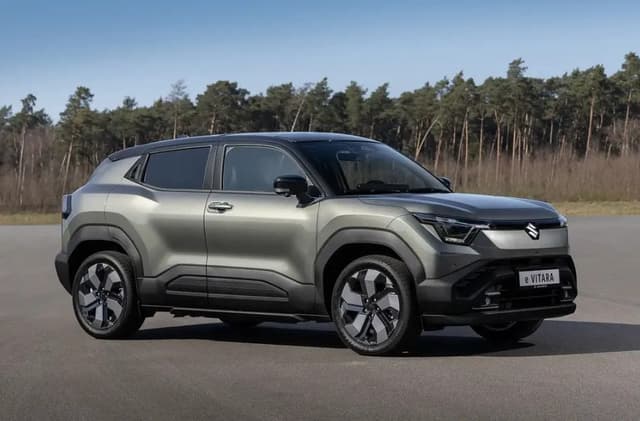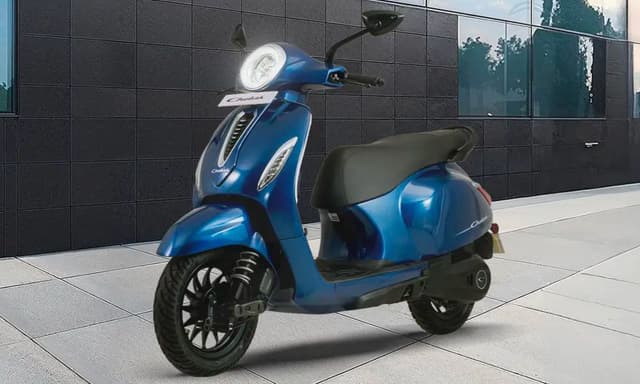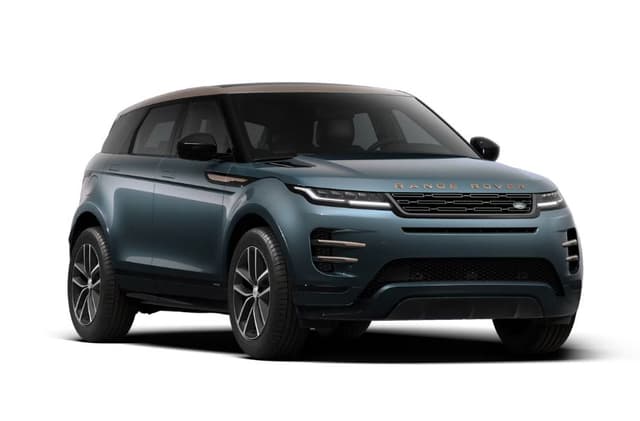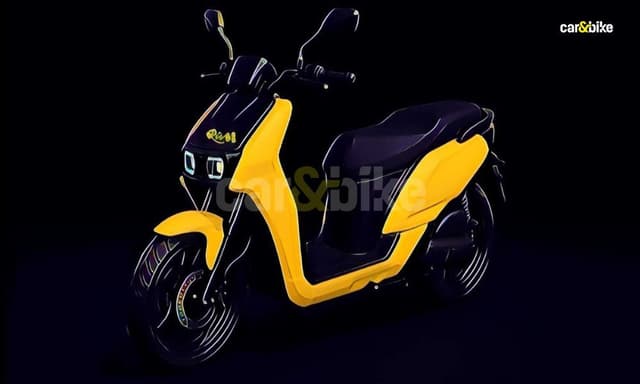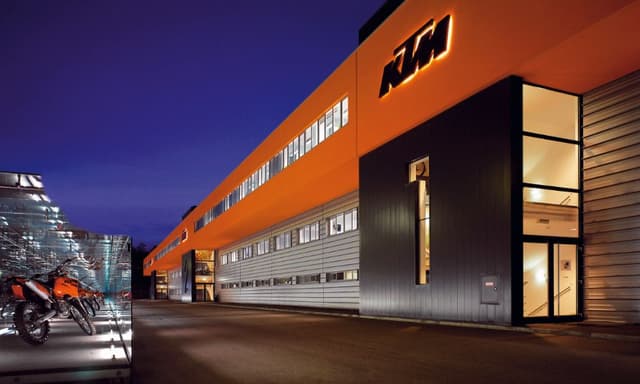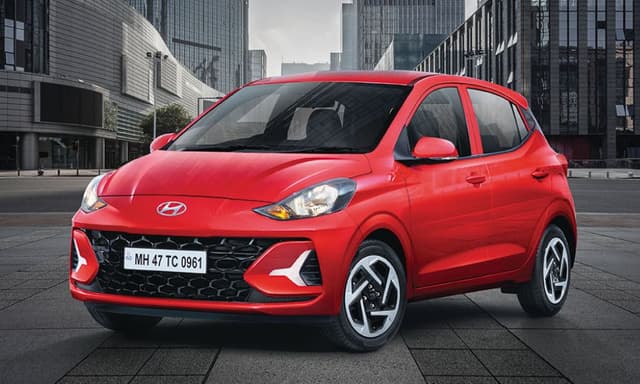Renault Group To Trial Level 4 Autonomous Minibus Shuttle Service At Roland Garros 2024

Highlights
- Service will be offered for the duration of Roland Garros 2024
- Renault sees potential in self-driving minibuses (Level 4 autonomy) for public use in urban areas.
- Automaker believes autonomous minibuses can be more efficient, flexible, and cost-effective than traditional solutions
Renault Group has revealed that it plans to run a driverless minibus service at the 2024 Roland-Garros tennis tournament in Paris. The deployment is part of a collaboration between Renault Group and autonomous driving tech firm WeRide. During the tournament, from May 26th to June 9th, the two companies will deploy self-driving minibuses will ferry passengers between a designated car park and the Roland-Garros stadium complex.
The Renault Group’s relationship with WeRide dates back to 2018 when Alliance Ventures, the Renault Nissan Alliance’s strategic fund invest in the compacy then barely a year old. WeRide now operates over 700 L4 autonomous vehicles as part of its fleet including 300 minibuses. The fleet is said to have closed over 28 million km across Asia, the Middle East, and North America.

Renault has revealed it is following a two-pronged strategy for autonomous technology covering personal vehicles and public transport. The company says that for now it is focusing on Level 2 and Level 2+ advanced driver assistance systems for its range of passenger cars. The company feels that the increased cost of greater automation in relation to the driving benefits in the market would make demand insufficient.
However, it sees potential in self-driving minibuses for public use. The company is focusing its efforts on Level 4 autonomy, where vehicles can operate independently within a designated area and under remote supervision. The automaker believes that this approach offers several advantages. Firstly, it addresses the growing demand for sustainable and efficient mobility solutions in urban areas, particularly as cities implement low-emission zones. Secondly, autonomous minibuses can operate round the clock, providing greater flexibility and potentially reducing reliance on traditional public transport infrastructure. Additionally, the absence of on-board operators could offset the initial investment costs associated with automation technology.

The company plans to offer a modular platform based on the New Renault Master, which can integrate automation solutions from various specialist partners like EasyMile, Milla, and WeRide. This flexibility ensures adaptability and caters to the specific needs of different regions and municipalities.
The Renault Group is not new to exploring autonomous public transportation solutions. The company has been conducting trials for several years, including the "Mach 2 project" that was announced back in 2023. This project envisions the integration of a fleet of autonomous electric minibuses into the public transportation network of Chateauroux Metropole, France, starting in 2026.
Written by: RONIT AGARWAL





